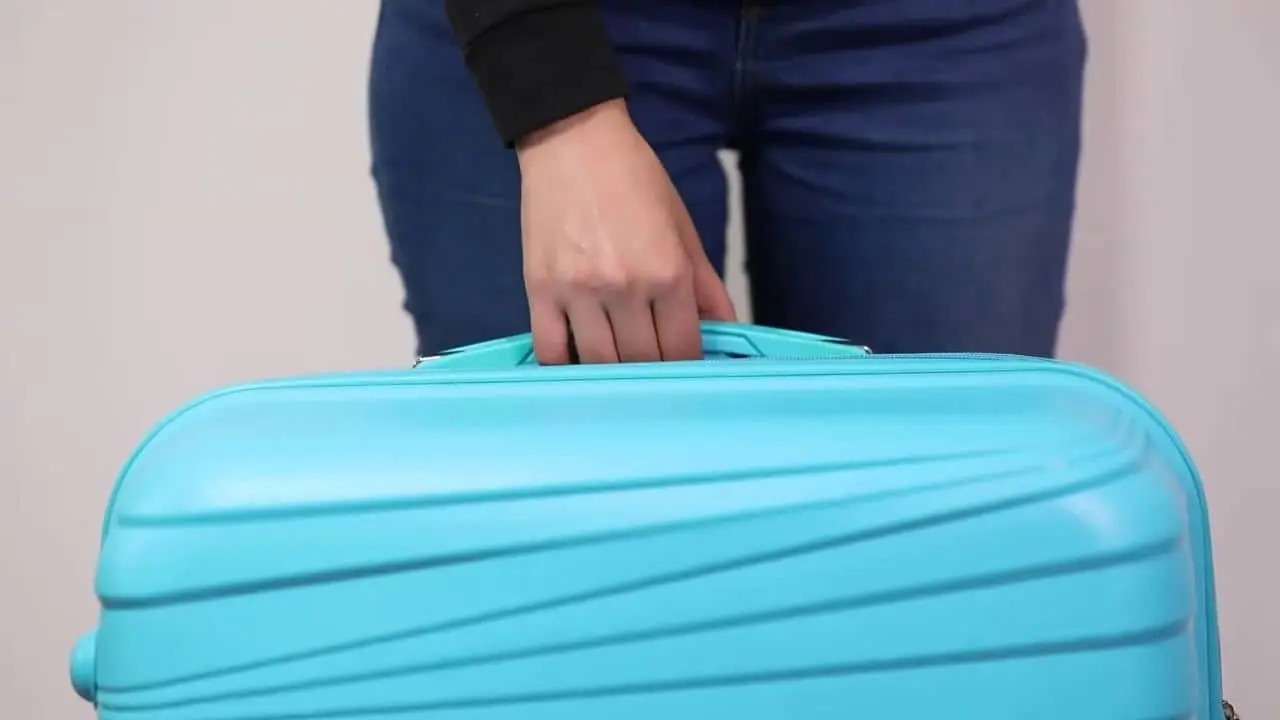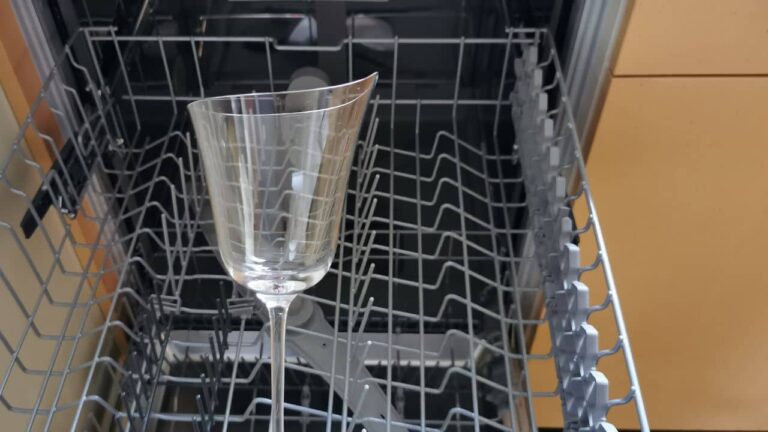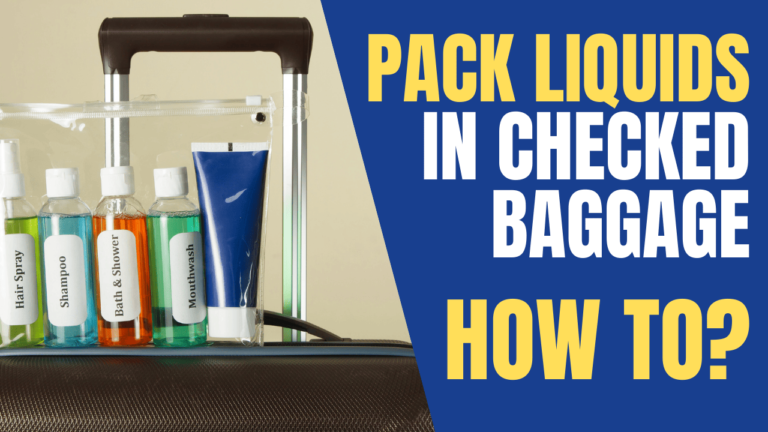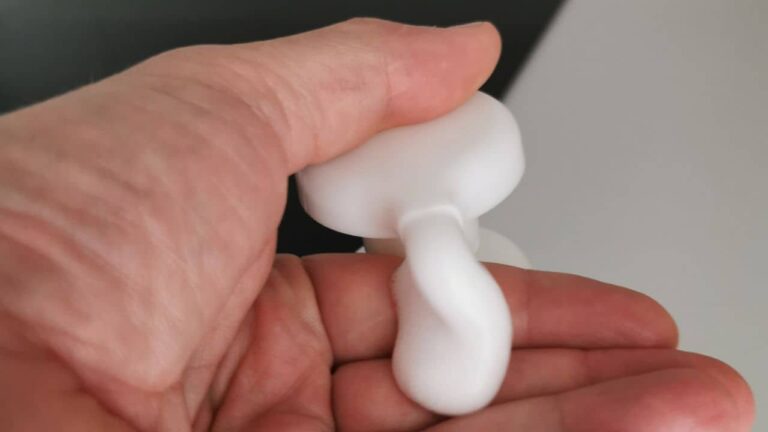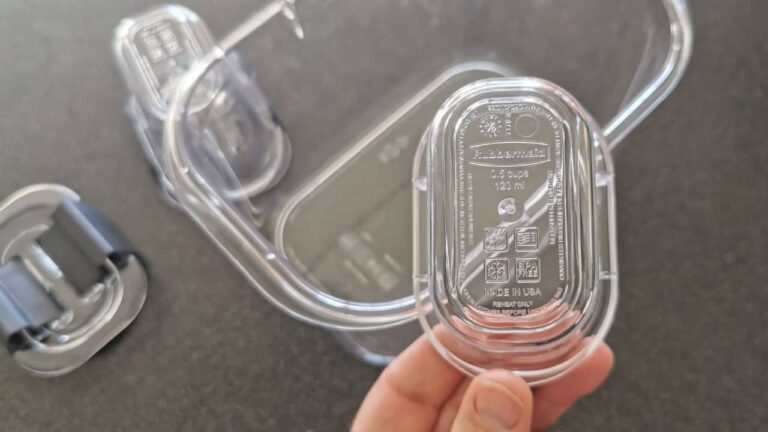What Makes Polypropylene Luggage Material the Top Choice for Frequent Travelers?
If your job requires a lot of traveling or you just like to travel for fun, having a suitcase that can handle your frequent use is essential. As someone who has tried and reviewed various luggage materials, I’m here to tell you why frequent travelers favor polypropylene suitcases.
Polypropylene luggage simply gives travelers a taste of high-end materials without the expensive price tag. This type of plastic is designed to last a long time and endure daily wear and tear. It also has some crucial luggage features, such as being waterproof and exceptionally lightweight.
Keep reading to learn more about what makes polypropylene luggage special and what to consider before purchasing it!
Say Goodbye to Broken Suitcases: The Benefits Of Polypropylene Luggage
Generally speaking, polypropylene has several qualities that make it a viable material for a wide range of applications. It’s simply made by polymerizing propylene to get an advanced version of standard plastic.
When the magic of chemical reaction takes place, we get a luggage material with the following fantastic properties:
1. Durability
One of the first reasons travelers put polypropylene luggage on a pedestal is its durability. You see, this material is resistant to a wide range of external factors that can cause a suitcase to deteriorate.
It has a relatively high melting point, which makes it more heat-resistant than other plastics. It’s also non-interactive with chemicals, and most importantly, it’s extremely resistant to physical stress.
Consequently, it’s one of the luggage materials with the highest impact strength. This is due to its elastic nature, which allows it to stretch rather than break or crack when subjected to force.
RELATED:
Unbreakable Luggage: The Top 5 Most Durable Materials for Your Next Trip
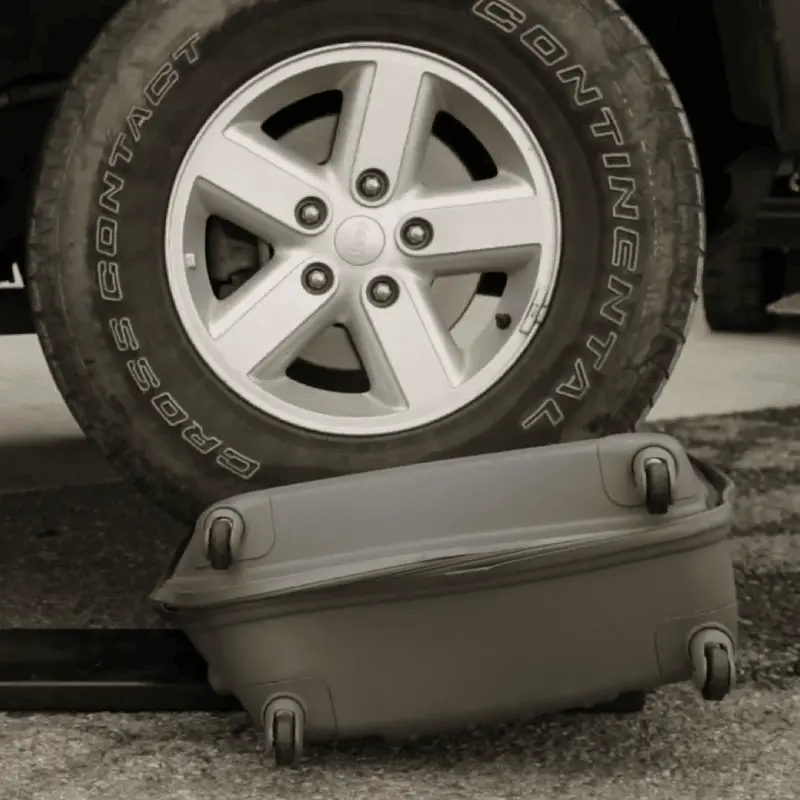
Despite its flexibility, polypropylene is pretty sturdy. It can withstand frequent use by travelers without showing signs of wear and tear in the short term. In fact, in terms of durability, it’s a close competitor to polycarbonate.
2. Lightweight
If you’ve ever had to carry polypropylene luggage, you already know how light it is. This thermoplastic, like others mentioned in previous articles – ABS and polycarbonate – is naturally lightweight.
There are even websites claiming that polypropylene is the lightest luggage material available. If you ask me, I’d say it depends on how the suitcase was made, but that doesn’t change the fact that this luggage material is incredibly portable.
Buying suitcases that aren’t hefty means you’ll have more packing space without exceeding the airline’s set weight limits. This is another reason why polypropylene suitcases are popular among frequent travelers; no one wants to pay for overweight luggage!
3. Water-Resistant
There’s nothing I value more than a waterproof suitcase. I mean, have you ever been to London? I remember being there years ago and getting soaked with my luggage due to an unexpected downpour.
If you’ve ever had a similar experience, please share it in the comments; I know I’m not the only one!
Anyway, I learned my lesson and now opt for waterproof luggage, one of which is polypropylene. After researching this plastic, I discovered it’s remarkably impermeable, with little moisture absorption.
This feature adds years to the life of a suitcase, especially if it was built to last in the first place!
4. Easy to Clean
For me, the ease of cleaning a bag is critical. I struggled to keep my soft-sided luggage in good condition because removing stains from them took a lot of effort. Whereas, I found maintaining the cleanliness of polypropylene hard-shell luggage to be super simple.
With just a few tools, you can quickly restore them to their original state. All you have to do is dampen a piece of cloth with water containing a small amount of detergent and use it to wipe off the bag’s exterior.
I soak a magic eraser in warm water for tougher stains or marks, and it works wonders on my polypropylene suitcase!
5. Cost-Effective
This thermoplastic, like ABS, is easily manufactured and has low production costs. That said, polypropylene luggage is slightly more costly than ABS but less expensive than polycarbonate and aluminum.
Of course, price ranges differ from one brand (like American Tourister) to another, but this is a general overview of the selling prices on the market.
Therefore, if you want to buy a suitcase with sturdiness close to top-tier materials without spending a lot, polypropylene is the way to go.
RELATED:
Is ABS Material Right for You? Pros and Cons of This Luggage Material
6. Convenience
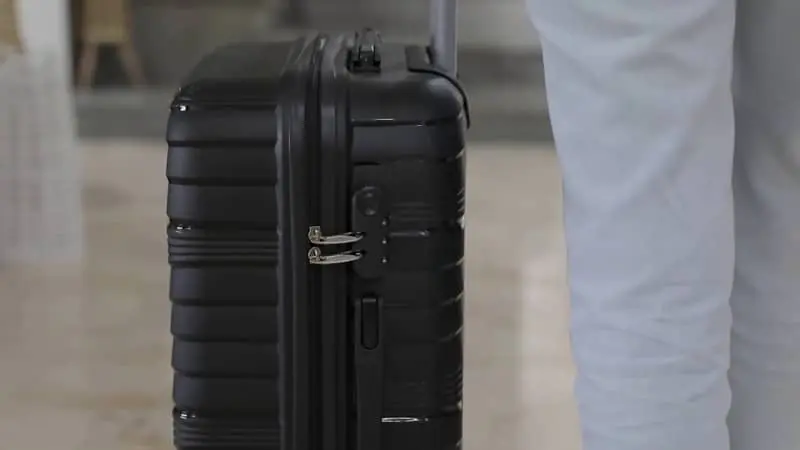
You can probably guess by now why polypropylene is a safe bet for any traveler after reviewing its properties. It’s super convenient to have a bag that offers great strength but is so light that carrying it doesn’t put any strain on your shoulder.
Not only that, but its pricing is practical as it’ll accommodate a range of budgets and will be worth every cent. What’s more convenient is that it won’t be a hassle to maintain its new, sleek look.
Drawbacks of Polypropylene Luggage: What To Consider Before Purchasing
There isn’t much of a plot twist to polypropylene’s success in the luggage industry. However, there are two downsides to consider:
1. Relatively Less Sturdy
When comparing the toughness to other luggage materials, such as polycarbonate, polypropylene falls short. In general, if you want maximum durability but the least amount of convenience, an aluminum suitcase is a good choice.
Polycarbonate luggage comes second in terms of sturdiness and is considered the most practical luggage material. However, you’ll spend more on it than if you had chosen polypropylene.
RELATED:
Is Polycarbonate the Best Material for Your Next Luggage Purchase? Find Out Now!
2. Susceptible to UV Degradation
Polypropylene, like the majority of polymers, is highly UV sensitive. As a result, if it’s exposed to the sun for a long time, it’ll start showing signs of UV degradation.
In a nutshell, UV exposure alters the molecular structure of polypropylene by breaking polymer chains, producing radicals, and so on. After a while, the material will turn yellow and become more brittle.
In fact, to control this issue, manufacturers use UV stabilizers in producing polypropylene outdoor products.
All in All
To sum up, polypropylene is a material that’ll stand strong with you during your travels. It’ll survive occasional airline mishandling as well as rain, and will look brand new with minimal cleaning.
So, if you’re constantly traveling and don’t want to spend a fortune on a suitcase, buy polypropylene luggage; you’ll thank me later.
Since I’m frequently asked about my top picks for this material, I’d have to go with the American Tourister Bon Air; it just hits all the right notes!
Sources
- Britannica.com: polypropylene chemical compound
- What is Polypropylene Plastic
- National Library of Medicine: Effects of UV Stabilizers on Polypropylene Outdoors
Read also:

